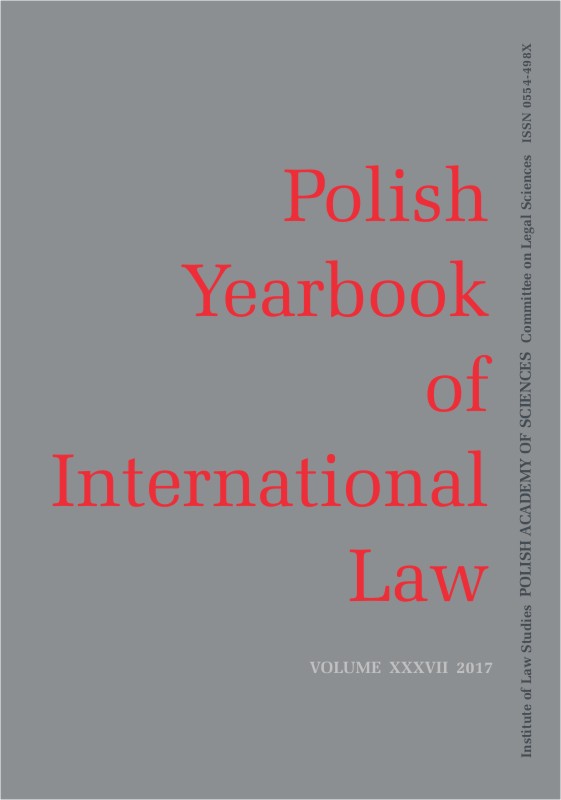Insolvency Forum Shopping – What Can Be Learned from the ECJ and US Supreme Court Case Law on International Company Law and Insolvency Procedures?
Insolvency Forum Shopping – What Can Be Learned from the ECJ and US Supreme Court Case Law on International Company Law and Insolvency Procedures?
Author(s): Mirosława Myszke-NowakowskaSubject(s): Law, Constitution, Jurisprudence, EU-Legislation
Published by: Instytut Nauk Prawnych PAN
Keywords: Centre of Main Interest; company law; European Court of Justice; forum shopping; insolvency; US Supreme Court
Summary/Abstract: The recast of the European Insolvency Regulation, which has been applicable from 26 June 2017, implements a philosophy of Euro universalism, according to which insolvency proceedings opened in a Member State where the debtor has its centre of main interests (COMI) should have a universal scope and encompass all the debtor’s assets situated throughout the EU. The wording of the Recast Regulation is intended to comply with the ECJ case law concerning COMI, such as Interedil, Eurofood, Bank Handlowy or Mediasucre judgments. Nevertheless, it is now questioned whether the Recast Regulation strengthens or rather weakens the COMI/registered office rebuttable presumption and opens the gate for insolvency forum shopping. As far as international company law is concerned, the issue of transfer of seat as well as forum shopping has been widely discussed. So far the ECJ has issued a series of judgments in which it has explained the European freedom of establishment and the crossborder activities of companies in the internal market. Similarly, the US Supreme Court has issued several signifcant decisions, such as CTP Corp. v. Dynamics Corp. of America, Edgar v. MITE Corp., and International Shoe Co. v. State of Washington, in which the limits of acceptable forum shopping are better delineated. Based on the aforementioned, it may be concluded that European harmonization measures facilitating crossborder mobility should additionally assist in achieving predictability and efficiency, as well as the economic viability and security of the operations under consideration. This contribution analyses and expounds on the lessons that can be learned from both the ECJ case law as well as US Supreme Court’s decisions on international company law, including an examination of their effect on insolvency forum shopping. There is no doubt that, if successful, harmonized legislation on these matters would be a great asset for the internal market.
Journal: Polish Yearbook of International Law
- Issue Year: 2017
- Issue No: 37
- Page Range: 203-222
- Page Count: 20
- Language: English
- Content File-PDF

